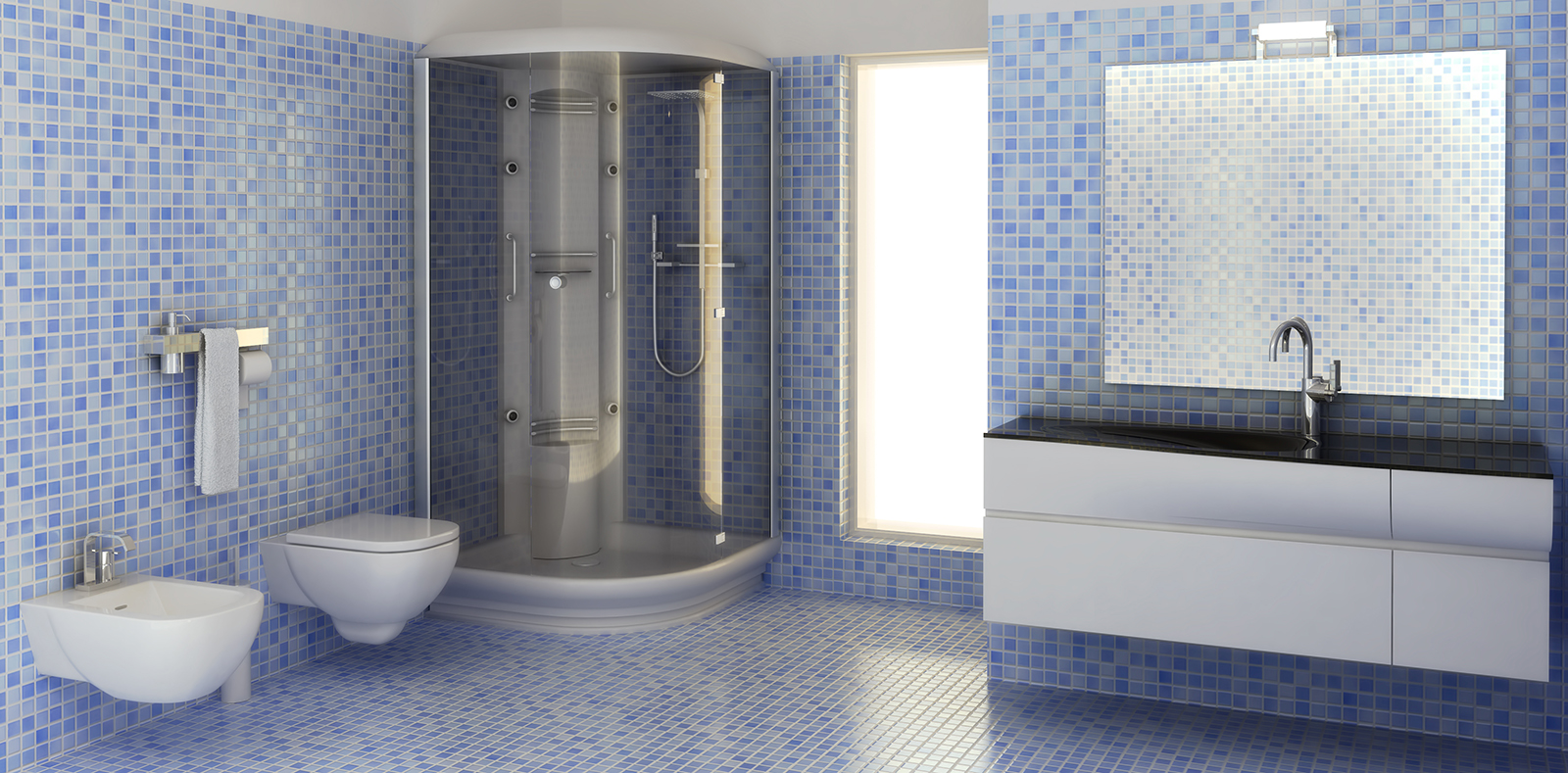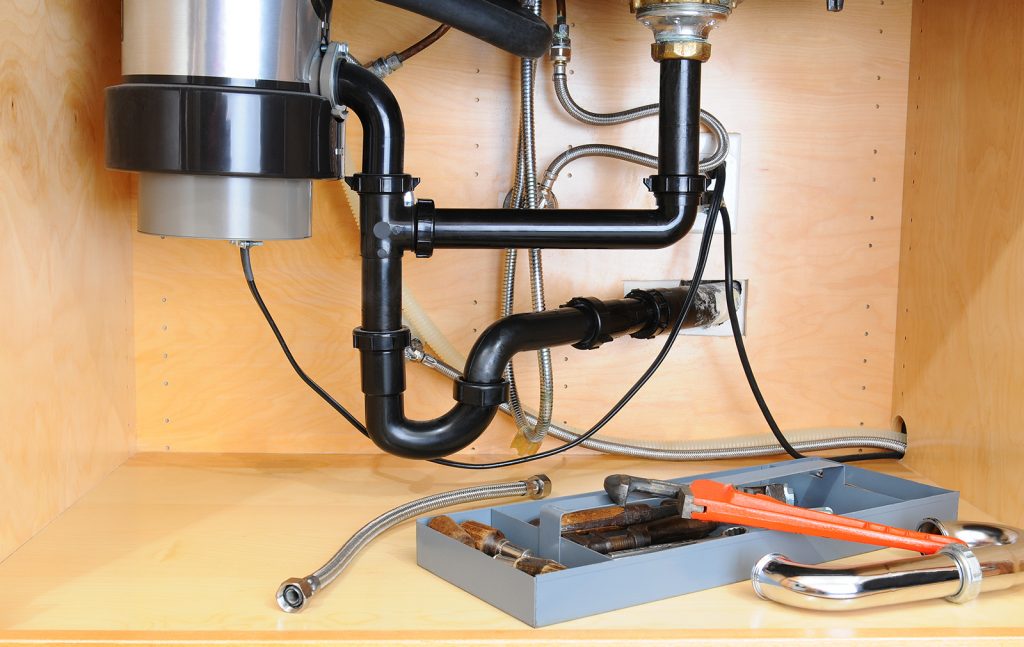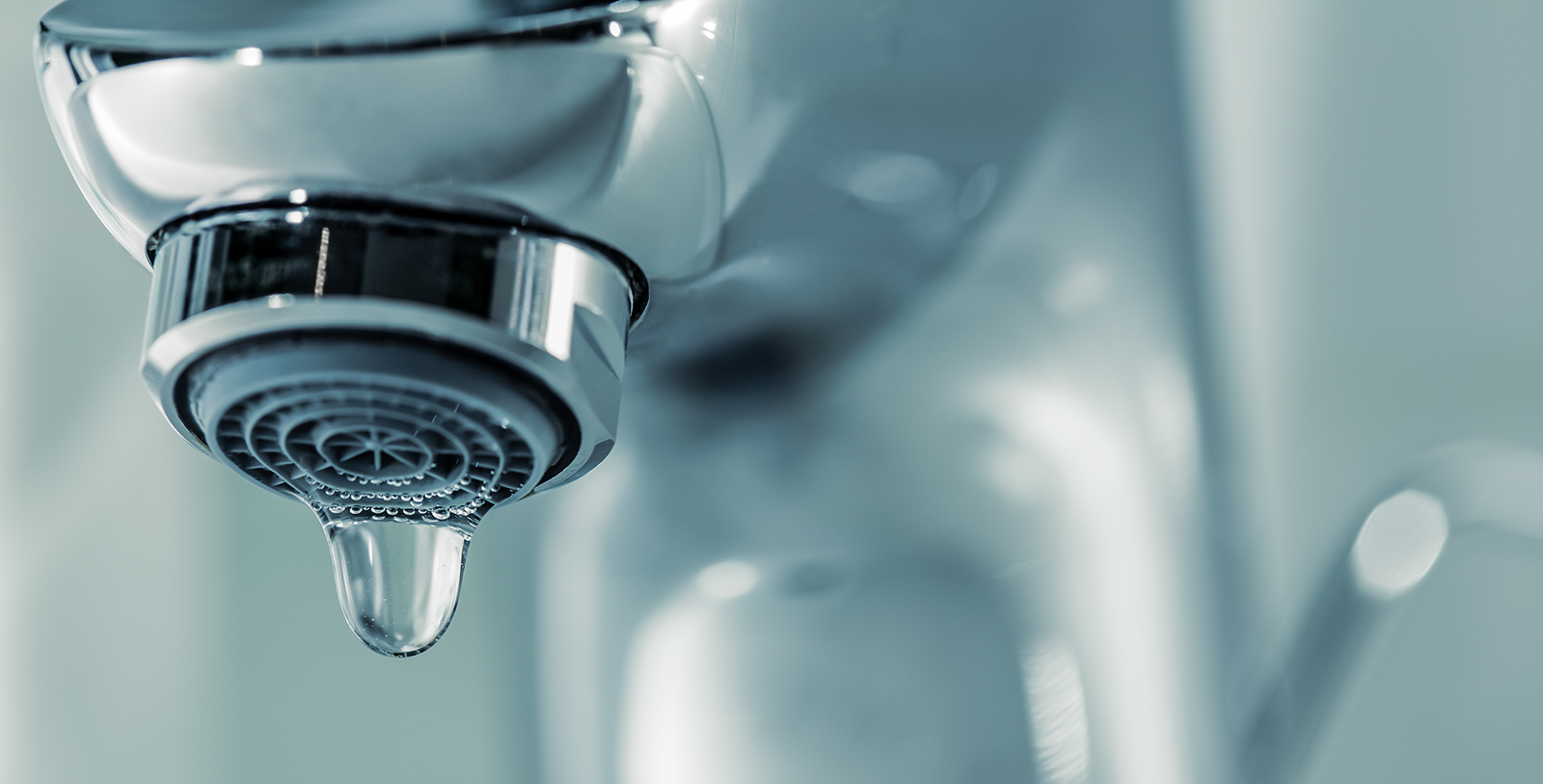
Let’s face it bathrooms go through a lot when it comes to humid environments. A family of four easily produces up to about 2 hours of humid temperatures daily from showering. Keeping the bathroom dry isn’t always easy. It’s often the top complaint homeowners mention to plumbers. Consider the following suggestions to create a dry environment in your bathroom.
- Windows – Depending on the design of your bathroom you might already have a window or you can plan to install a small window. Open the window during and after showers to help release the steam and humidity levels in the bathroom.
- Ventilator Fans – These fans are increasingly becoming popular in homes across South Florida. They are often installed in the ceiling of the bathroom and operate with a quick flick of a switch. You can even choose to connect it to your light switch. This will allow the fan to turn on along with the bathroom light. The fan helps to reduce moisture by pulling the humidity out of the bathroom creating a dryer environment.
- Leave the Door Open – If you live alone or you are in a living situation that allows you to leave the bathroom door open while you shower, do it. The steam from the shower will go out the door into your hallway and home where dryer air already exists due to the use of air conditioning.
Remember anytime you see steam in your bathroom it is causing moisture to build up. If it doesn’t have an outlet such as a fan, open window or door, it is creating an environment that produces mold and bacteria. This situation can cause you and your family to become sick due to frequent exposure. A dry environment lessens the risk for mold buildup.
There has been a moment in every homeowner’s life when they postpone cleaning their bathroom for just a few days beyond their scheduled cleaning day. These few days can easily create mold that builds quickly and bacteria to spread throughout your bathroom. Keeping your bathroom environment dry helps to reduce this situation and perhaps allow you to have longer gaps between cleaning sessions.
If water leaks onto the floor when you shower remember to clean it up immediately with an absorbent mop or towel. Allowing water to pool and accumulate will create a damp environment for long periods of time. If you see mold in your bathroom and need to create a dry environment, contact a plumber for further details.
 Since 1968, Chip Mokher & his team has provided South Florida with quality service with a commitment to our customers’ satisfaction. Our many years of experience has allowed us to serve thousands of homes and businesses in Miami-Dade County. We welcome the opportunity to serve you, please call us at 305-446-8266 or email us at chip@mokherplumbing.com
Since 1968, Chip Mokher & his team has provided South Florida with quality service with a commitment to our customers’ satisfaction. Our many years of experience has allowed us to serve thousands of homes and businesses in Miami-Dade County. We welcome the opportunity to serve you, please call us at 305-446-8266 or email us at chip@mokherplumbing.com




